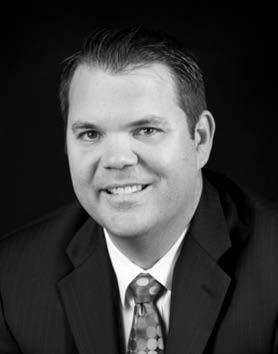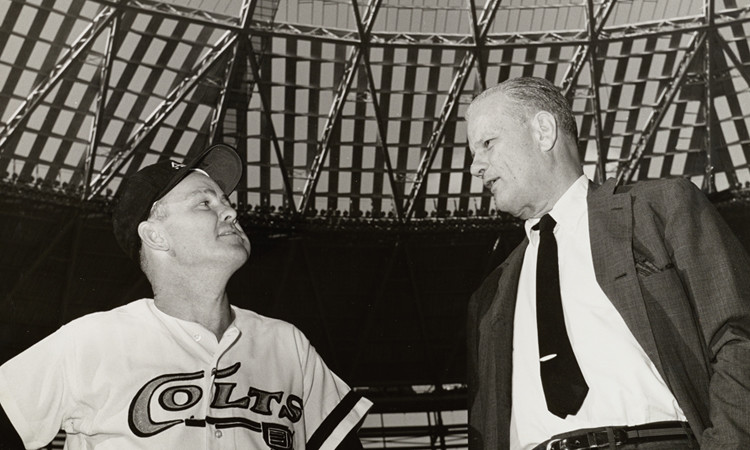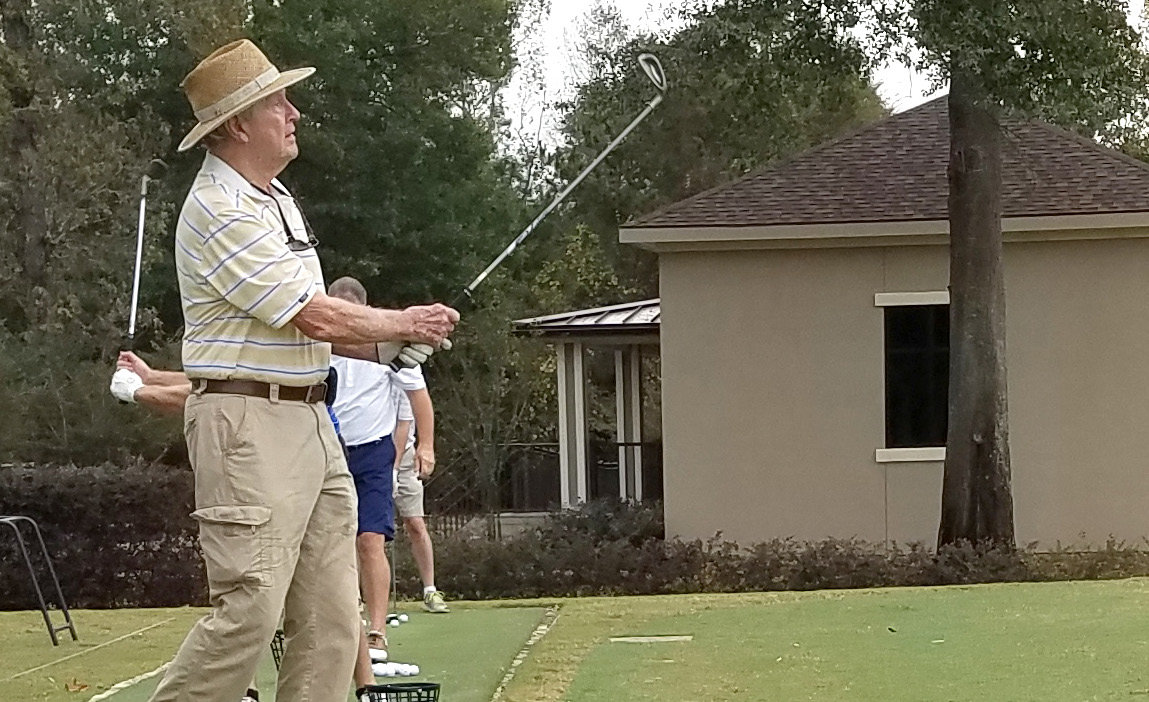BY BILL VOSS
In late August 2017, one of the largest hurricanes in U.S. history made landfall on the Texas Gulf Coast, bringing with it nearly 10 trillion gallons of rain. Reservoirs filled above capacity, riverbanks burst and flooded, and buildings were completely destroyed. In the aftermath, Texas business owners were left facing catastrophic circumstances. At The Voss Law Firm, P.C., we know just how profound Harvey’s impact on the business community has been, and we know just how difficult it is to get insurance companies to fulfill their promises to help you rebuild.
Click here to read the rest of this Article.








